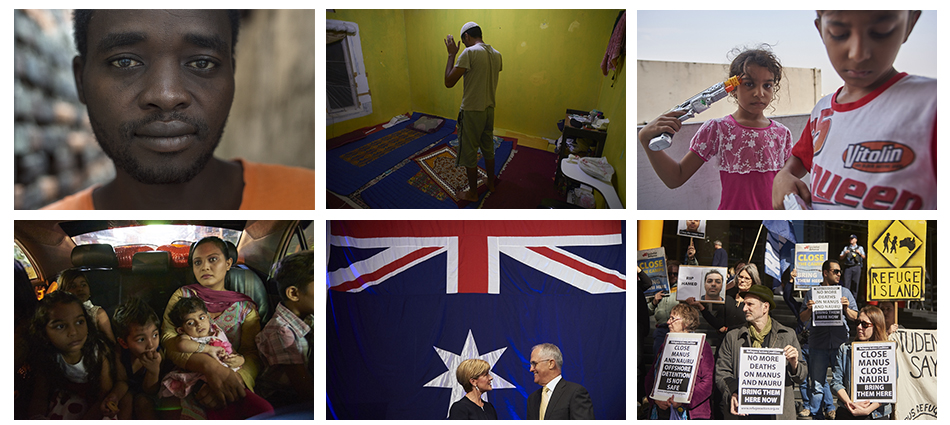Aaron Bunch Journalist with Australian Associated Press | Collection of published work | + 61 484 008 119 | abunch@aap.com.au

Hearing on Indigenous kids with disability
Indigenous children suffer disabilities at more than double the rate of non-Indigenous children, public hearing 16 of the Disability Royal Commission has heard.
September 17, 2021
First Nations children suffer disabilities at more than double the rate of non-Indigenous children and account for almost half of all children in care despite only making up six per cent of the population, an inquiry has been told.
The royal commission into violence, abuse, neglect and exploitation of people with disability has shifted its focus to the experiences of Indigenous children with disability in out-of-home care.
The 16th public hearing of the royal commission on Friday started with a pre-recorded video of a smoking ceremony performed by four Traditional Owners in Alice Springs (Mparntwe).
The hearing will be the second First Nations-specific public hearing to be held by the royal commission.
It aims to provide an insight into the life course for Indigenous children with disability and their experiences of violence, abuse, neglect and exploitation, including cumulative and systemic abuse and neglect by multiple systems over time.
Counsel Assisting Lincoln Crowley says more than 20 per cent of First Nations children have a disability, compared to eight per cent in the general population.
Out of the 45,996 children in out-of-home care in 2019 and 2020, 18,862 were Indigenous children, accounting for more than 40 per cent of all children in out-of-home care.
“Significantly higher than the approximately six per cent per cent of the total child population in Australia who are First Nations,” Mr Crowley said.
Of the First Nations children in out-of-home care, 14 per cent were reported as children with a disability, however, Mr Crowley said that number is likely to be under-reported due to misdiagnoses or under-diagnosis.
“The available data portrays the stark reality of the over-representation of First Nations children in out-of-home care and the consequent over-representation of First Nations children with disability in out-of-home care,” he said.
Royal commission Chair Ron Sackville said First Nations children with a disability experienced multiple forms of disadvantage that exposed them to greater risk of violence, abuse, neglect and exploitation.
“Those disadvantages include the impact of colonisation involving the dispossession of First Nations people, forced assimilation, marginalisation, intergenerational trauma and, not least, the removal of children from families and communities,” he said.
The disadvantages also include social and economic impacts, which have resulted in many disabled First Nations children experiencing poverty, inadequate housing, and poor health.
The public hearing will examine a range of issues, including the policy and practices of child protection departments in identifying and diagnosing disability of First Nations children in out-of-home care.
It will also look at access to supports and services by First Nations children with disability and their carers in out-of-home care, including the NDIS.
The hearing was scheduled to take place in Alice Springs (Mparntwe), however, the ongoing COVID-19 outbreaks and border closures mean the hearing will now be closed and broadcast via video.